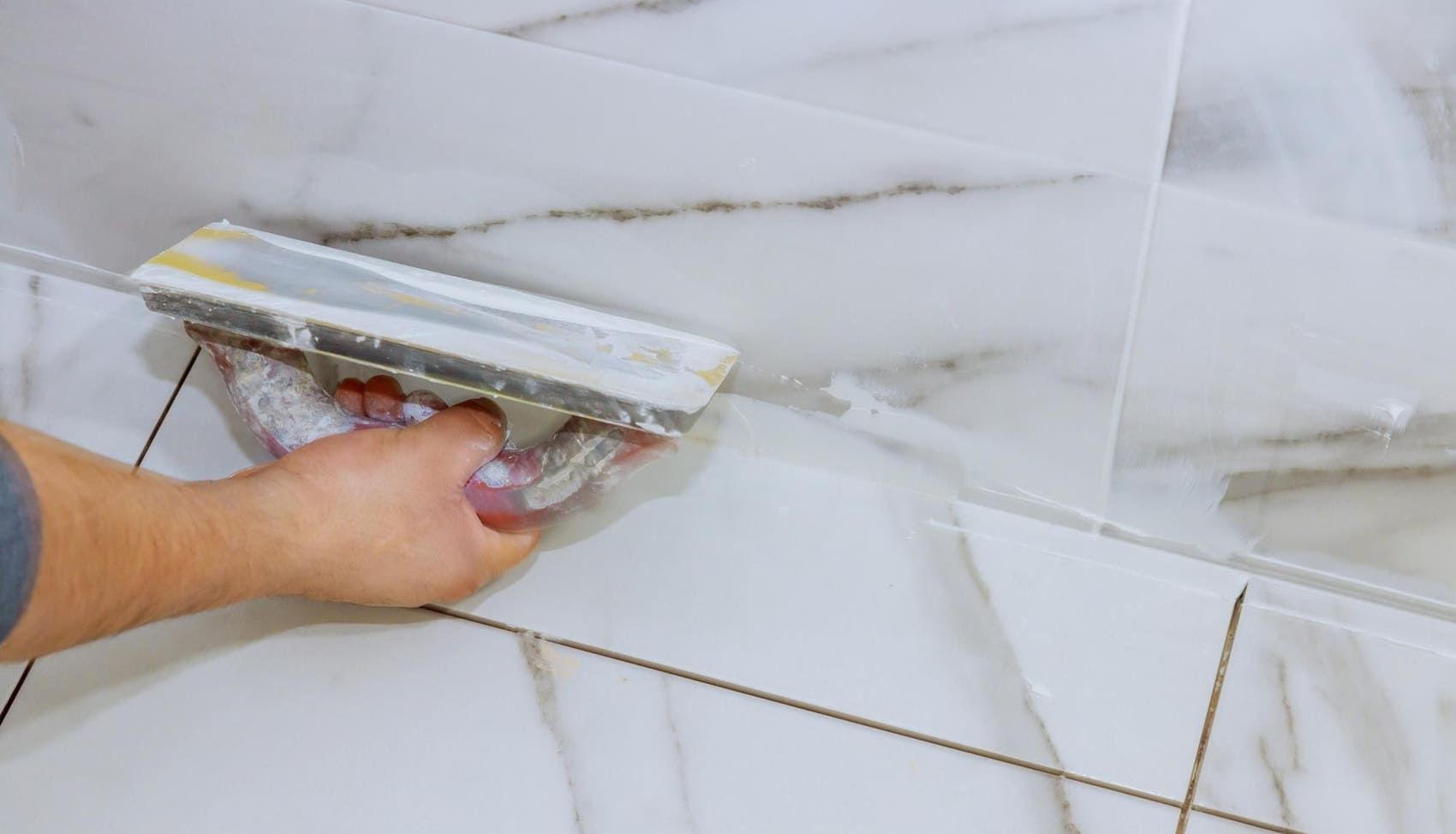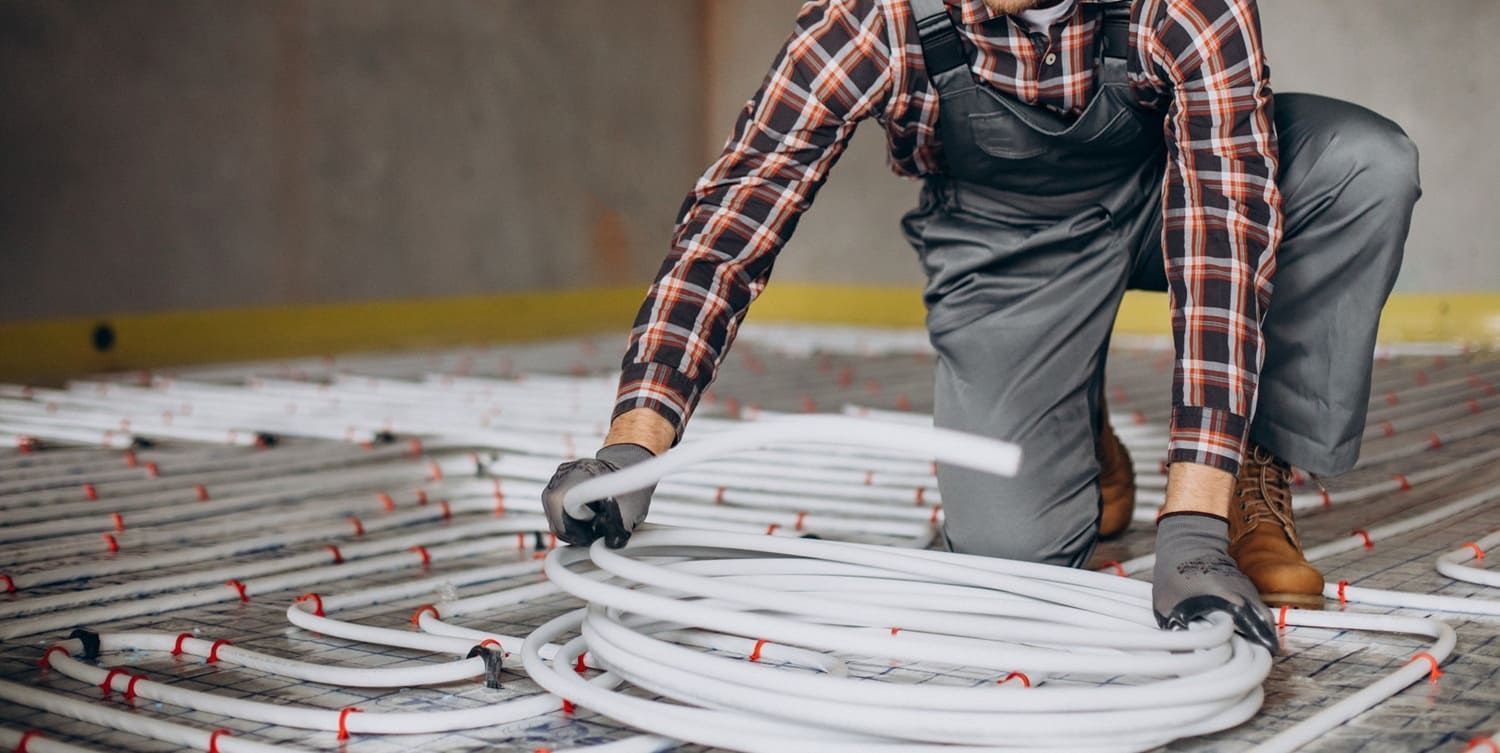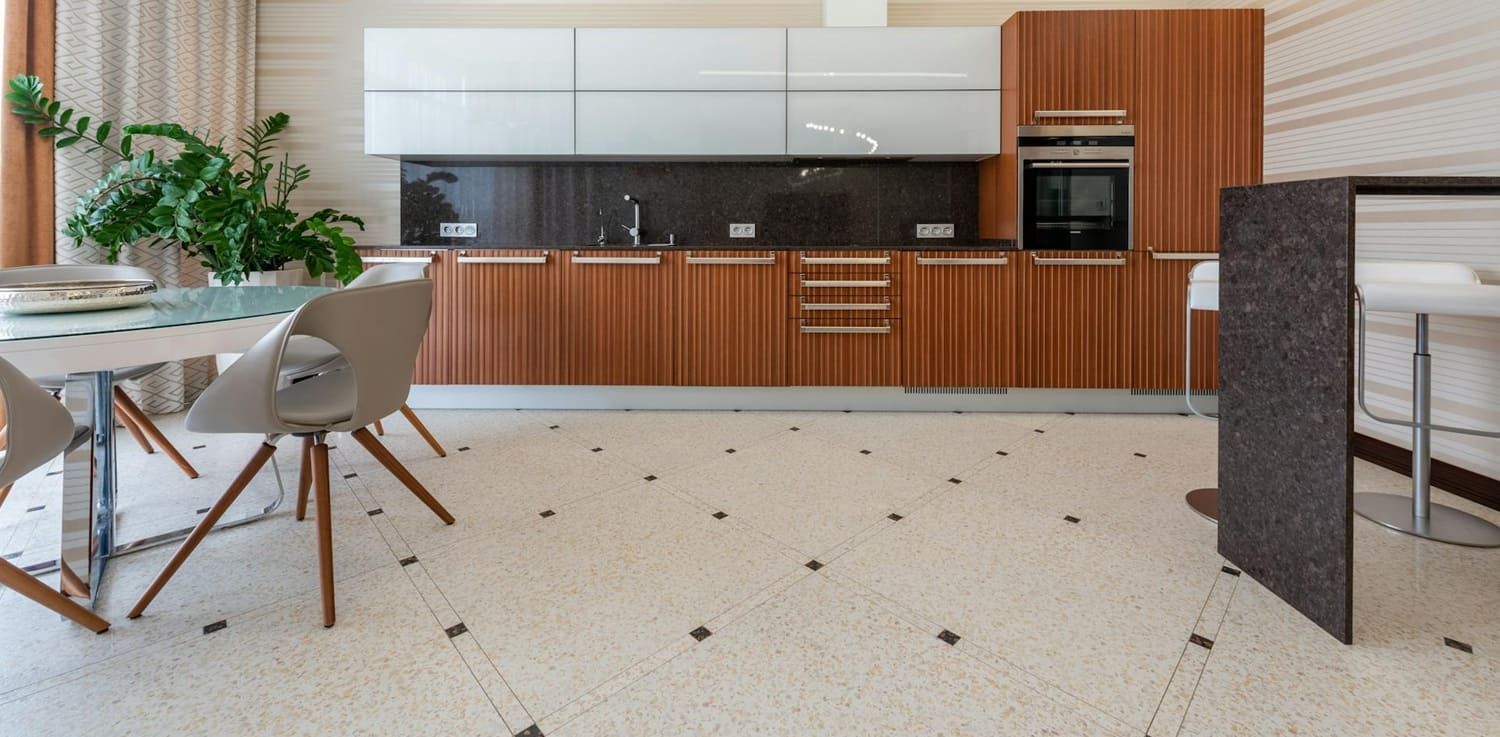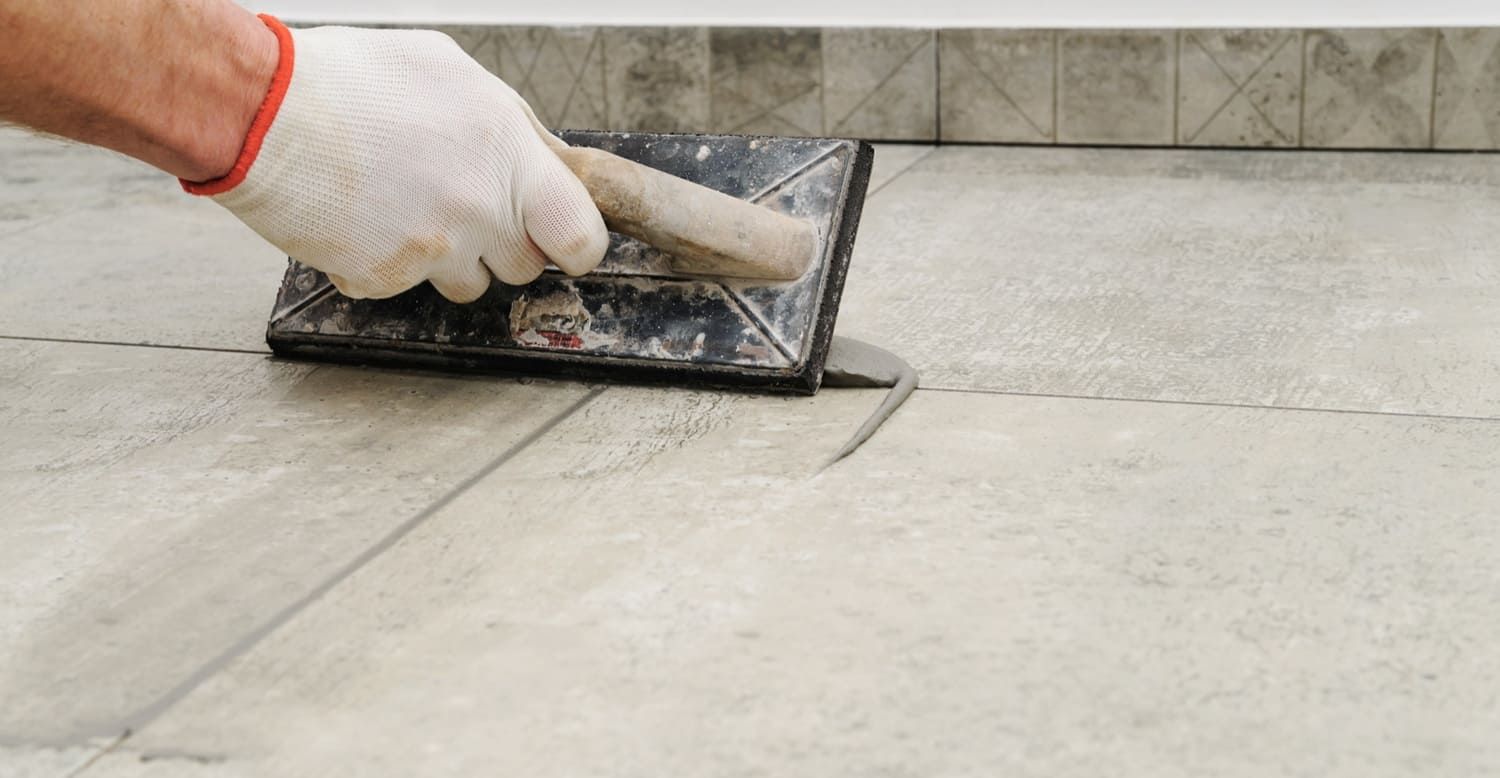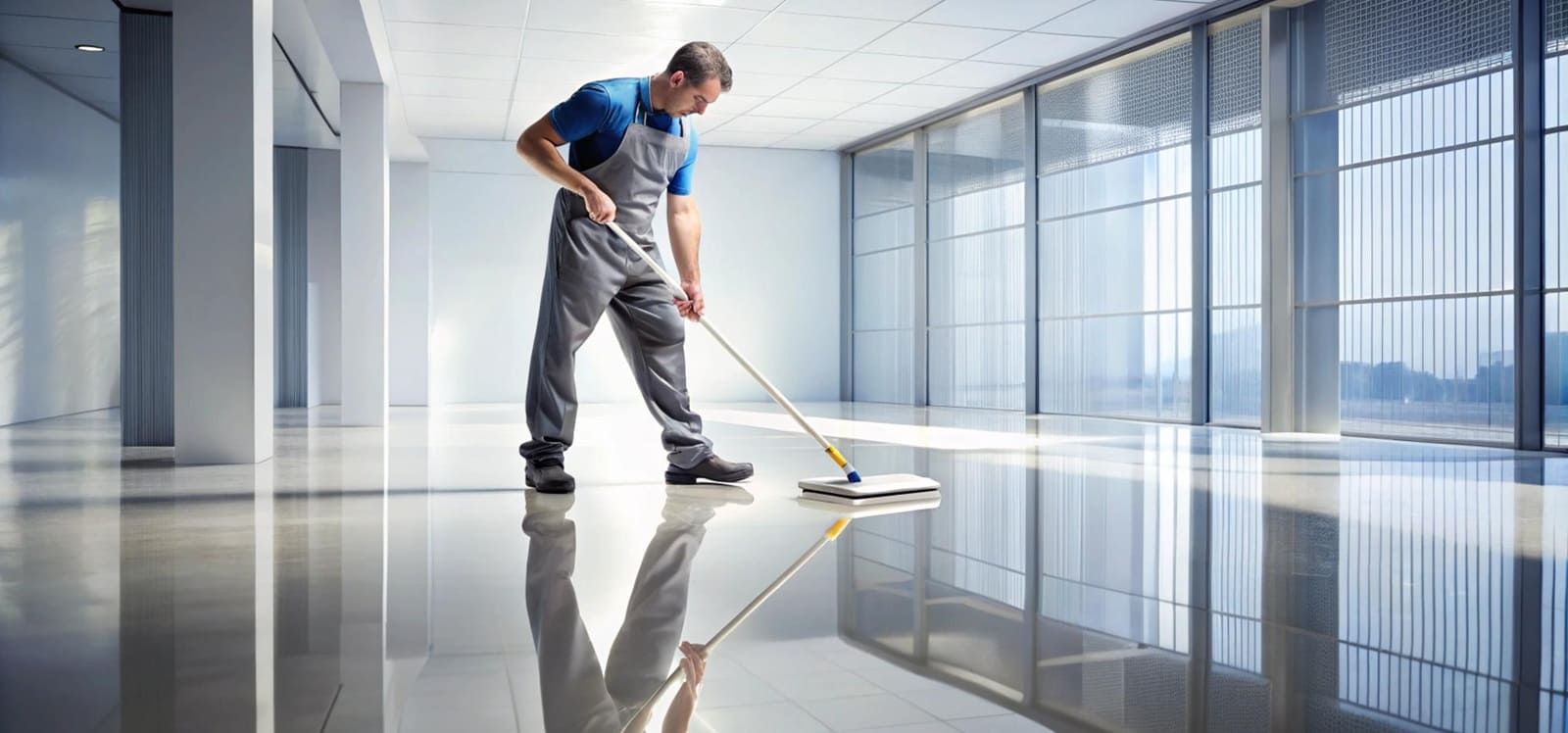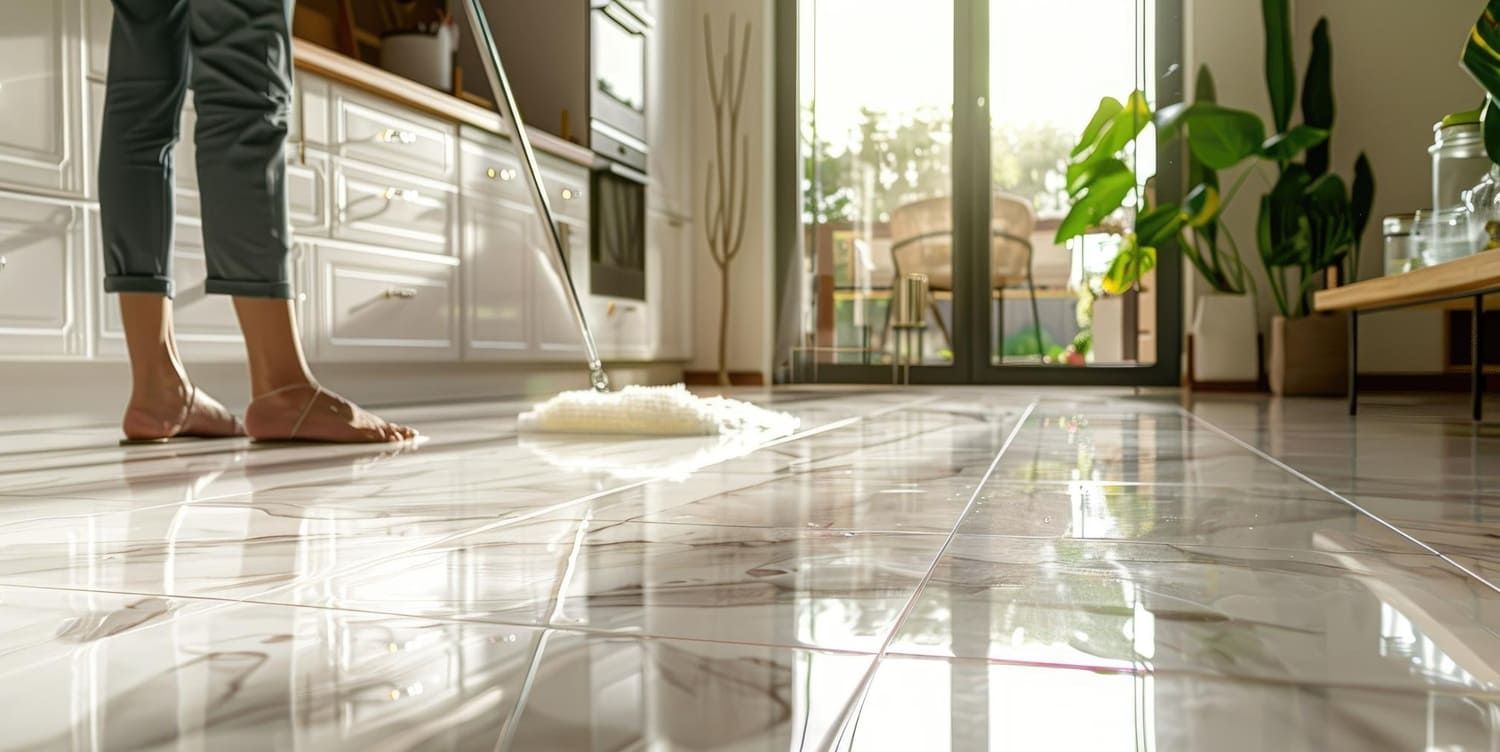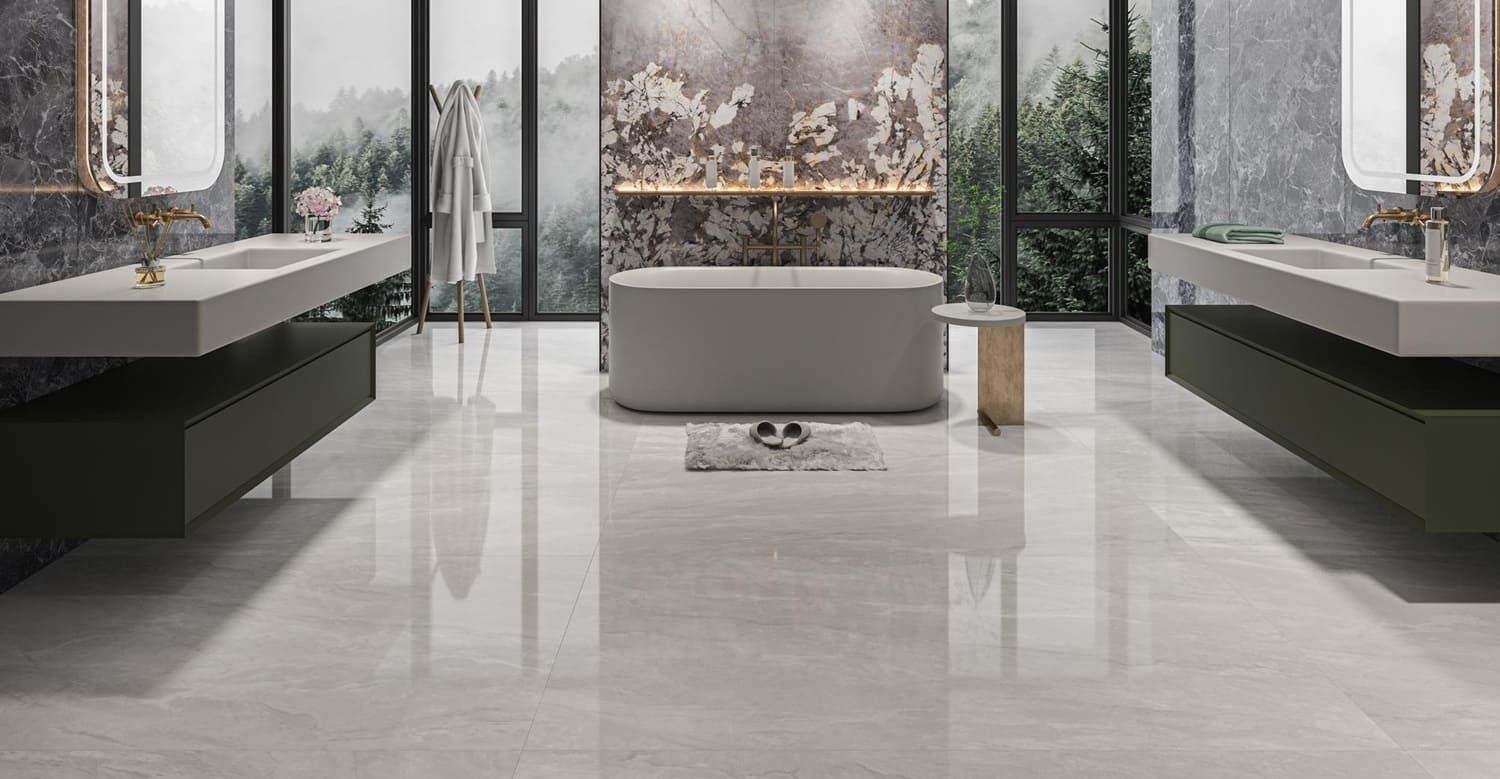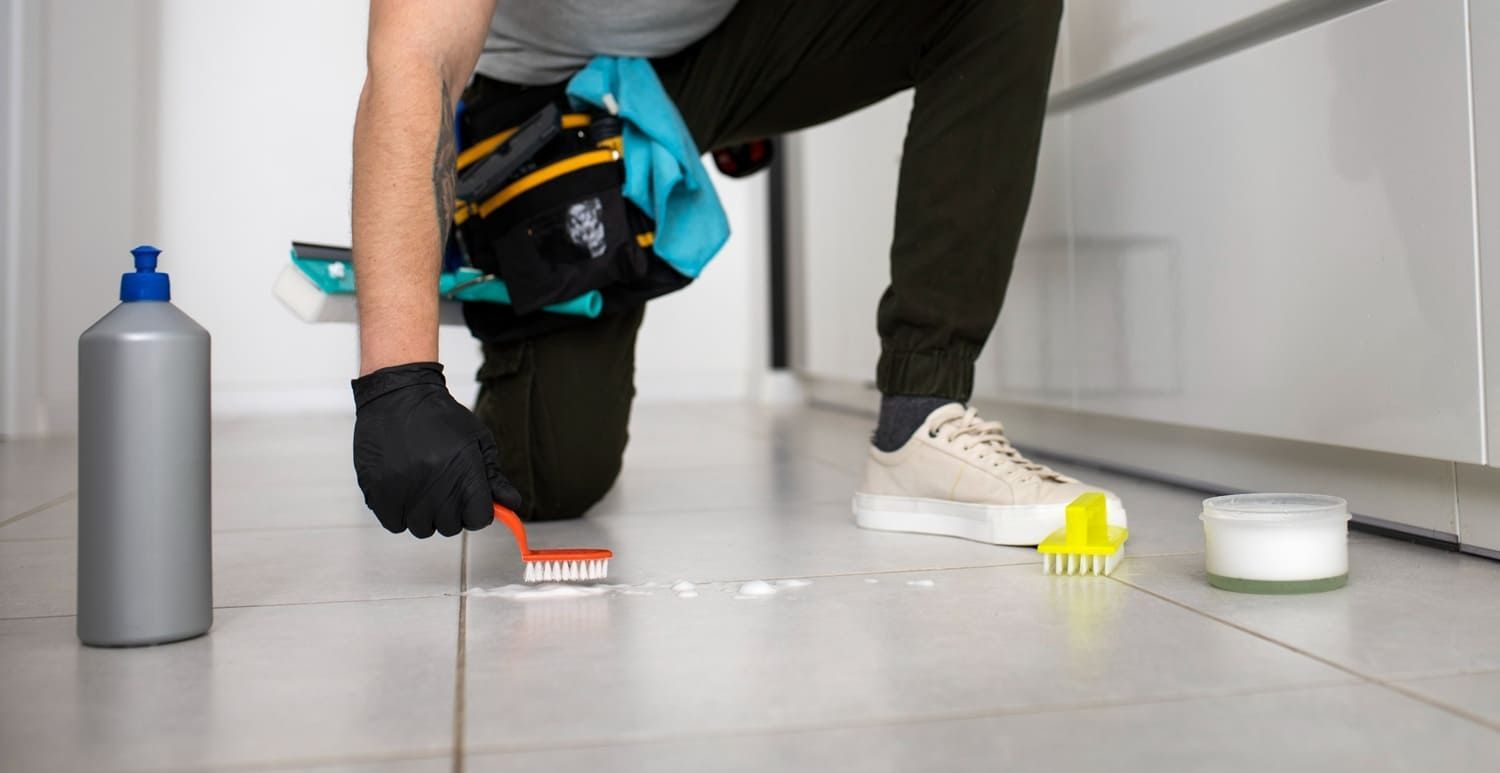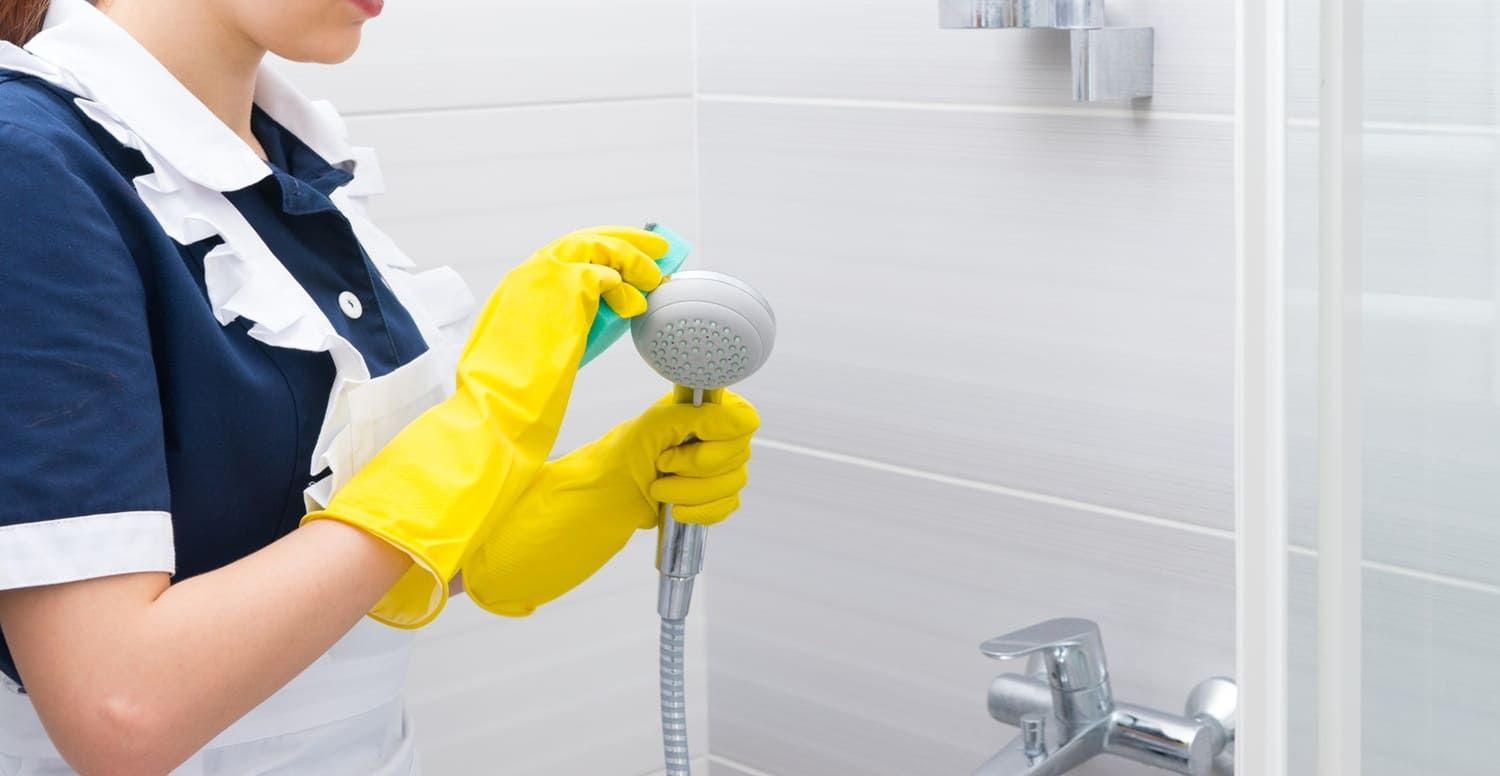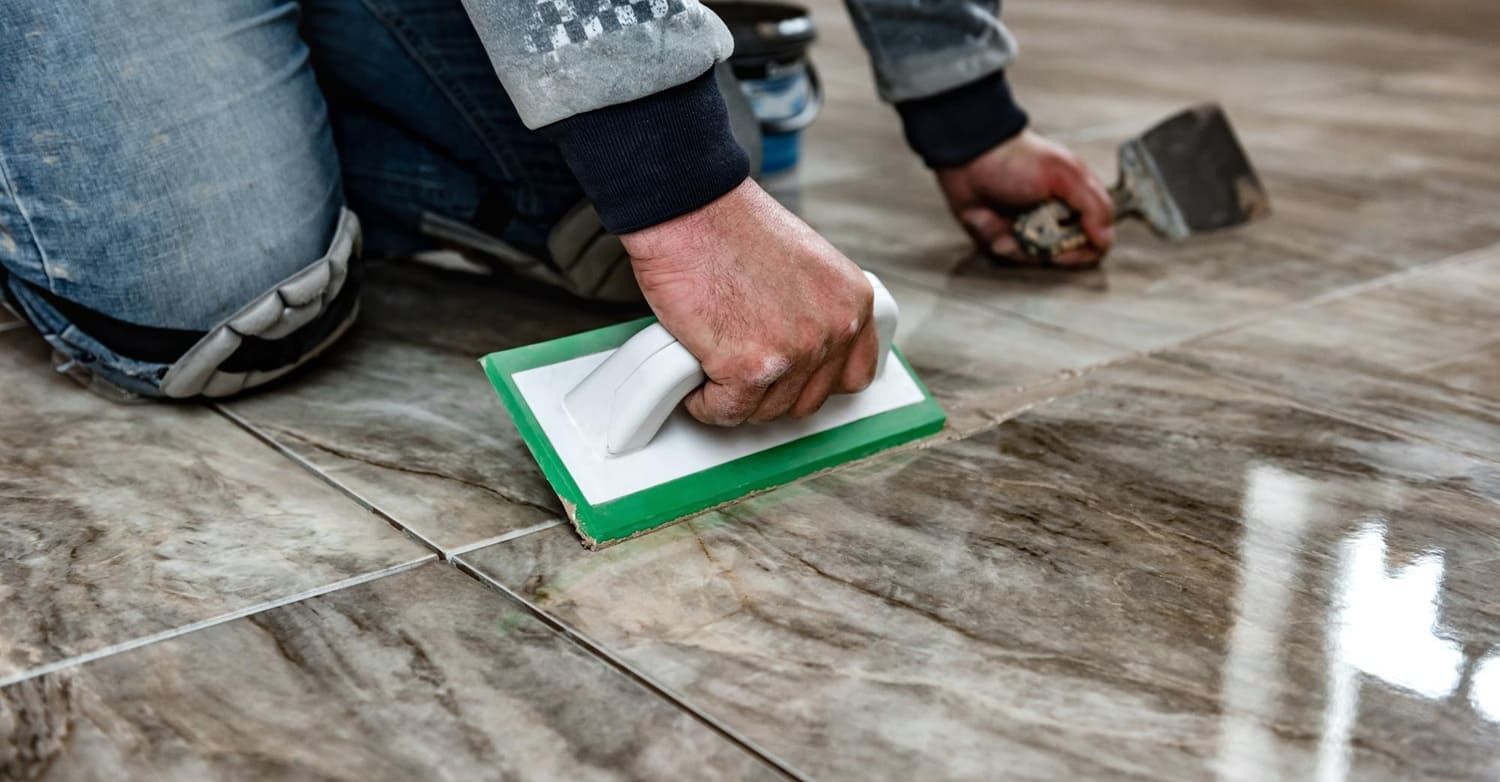How Often Do You Have to Seal Granite Counters
Properly maintaining your kitchen counters will ensure that they continue to look their best. Here’s how often you have to seal granite counters.
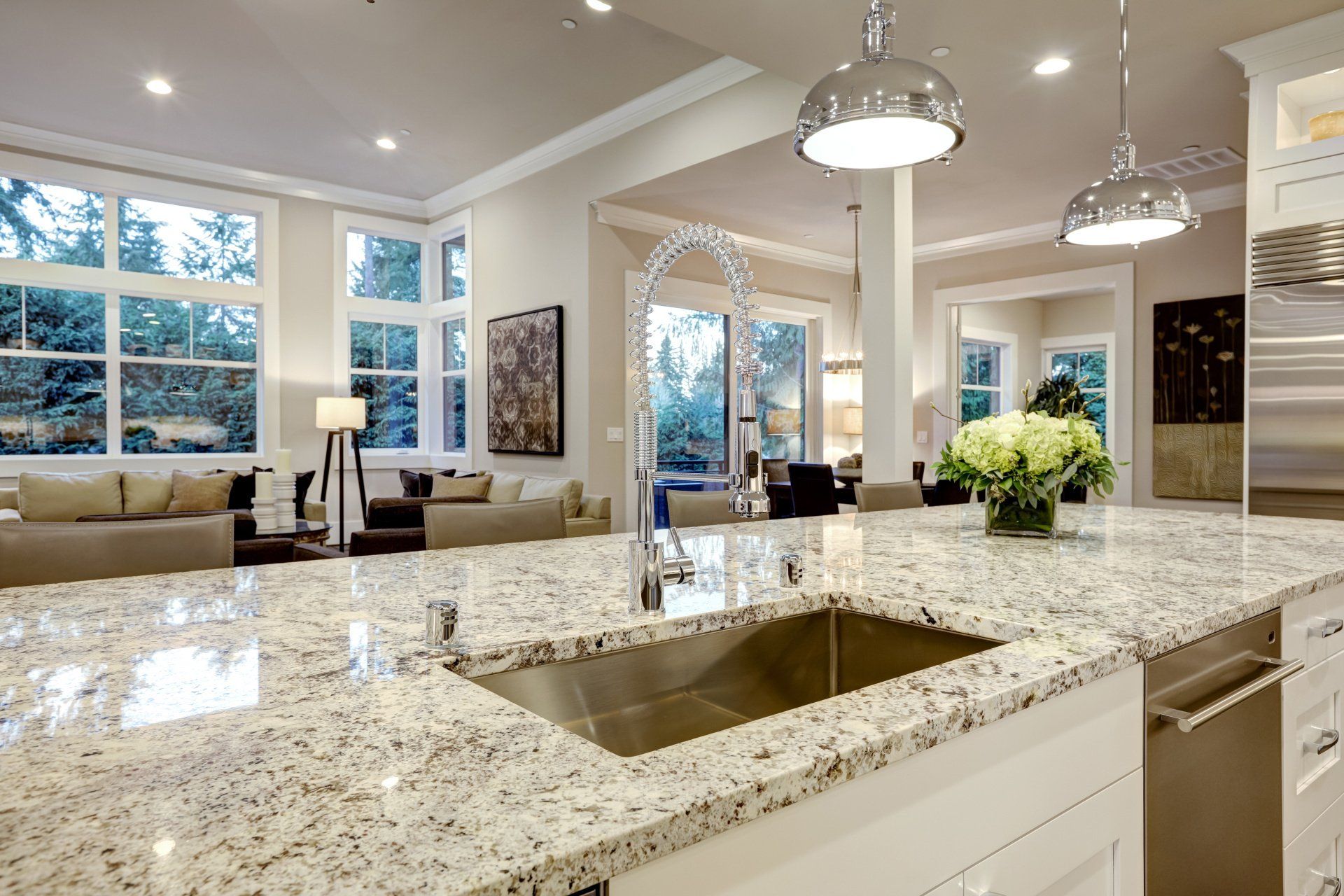
More than half of Americans are cooking now more than they used to. Lockdowns forced people to cook at home, but it looks like we're going to continue doing so!
But more kitchen use means more wear and tear. To make sure your kitchen stays in good condition long-term, you need the right products.
For those with granite countertops, which are the most popular choice, that includes choosing a sealer. And the cleaning products you use can be just as important for granite’s integrity.
How often should you seal granite counters?
As you might expect, that depends on your specific counters. But that doesn’t mean you have to guess and hope for the best! There are plenty of tips and tricks to figure out how often to seal them.
Here’s our full guide for granite maintenance on your kitchen counters. Whether you’re maintaining your own granite in the kitchen or cleaning others’, these nifty tips will get you the best results.
Which Granite Countertops Need Sealing?
Granite is a naturally occurring material. It’s not manufactured but quarried out of the ground.
Just like a gemstone, that means each piece of granite is unique. So each countertop has its own sealing needs.
There are of course different types of granite that share similar properties. You can use these factors as a baseline for finding out how often your granite should be sealed. The most reliable of these is color.
Granite Countertop Color
The color of granite tells you a lot about its makeup. Most importantly, its density.
Darker colors of granite are typically denser and more hard-wearing. That makes them less porous. If they absorb less liquid, that means they are less susceptible to marks, stains, and damage.
In fact, some darker granite may never need you to reseal it!
On the other hand, lighter granite requires more maintenance. The whitest types can act like a sponge if not properly sealed. Without regular enough sealing, a drop of red wine will leave a permanent pink mark!
How Often Should You Seal Granite Counters?
Just because your kitchen counters are white doesn’t mean you should be sealing them every week. Over-sealing can also damage them, leaving a murky layer that’s difficult to remove.
Many say that a general rule for sealing frequency is every 3-5 years. But that doesn’t take into account the differences in the stone. And if you’re moving into a new home, you may not have a reference for the last time it was sealed.
But you don’t need to call out a granite professional to come and assess the situation.
You can check exactly how soon and how often your granite needs sealing by yourself. It requires no equipment, and takes only 30 minutes! Introducing: the water test.
The Water Test
The water test is simply pouring water onto your counter to see how quickly the porous stone absorbs it. Then you’ll know how urgent and frequent a seal should be.
To begin with, pour a small pool of water, perhaps the size of your hand, onto the counter. Then start a timer. Make sure to use plain tap water, not any other liquid that could stain the counter if absorbed.
Immediate Absorption
Is the water absorbed almost immediately? Does it leave a dark mark in the stone?
That means it needs counter sealer urgently. Multiple coats are likely necessary to protect the surface from imminent damage. You should reapply the sealant every few months, or until the results from the water test change.
Absorption After 5 Minutes
If the water gets completely absorbed after just 5 minutes, it also needs to be sealed right away. But just one coat of sealant may be enough.
Seal this sort of counter every year or two. At the one-year mark, do the water test again. If the results are similar, reseal after one year. But if they have improved, you can delay it to two years.
Absorption After 10 to 15 Minutes
A counter that takes this long to absorb water still needs some protection, but it shouldn’t need regular resealing. Ideally, seal the granite immediately. But you should then be able to wait a good 3 years before reapplication.
Absorption After 15 to 30 Minutes
If the water gets absorbed in this time, your counter is doing okay. It would benefit from one coat of sealer, but you can wait 3-5 years for the next one.
At the 3-year mark, do the water test again. If it’s still going strong, delay resealing to 4 or 5 years.
No Absorption After 30 Minutes
If the pool of water is still there after half an hour, you have an excellent countertop! It is either very well sealed, or is the type of granite that doesn’t require sealing at all.
Do not apply a sealer to this counter. It’s doing great!
After 3 or so years, it’s a good idea to reperform the water test to check it's maintaining its good seal. Then choose whether or not to reseal it based on this guide.
Is Sealing and Cleaning Granite Flooring the Same as Counters?
As we said, all granite is different. The treatment that countertops need is different from granite tiles and bathroom surfaces.
That’s because granite in the kitchen deals with cooking-centric problems, such as:
- Acidic or hot liquid spills
- Hot pots and pans on the surface
- Frequent contact with metal
Kitchen countertops have to be durable enough to withstand these unique issues. But if you’re looking for other granite maintenance advice, such as for flooring, check out our stone floor cleaning tips article.
Invest in Reliable Products
When you seal granite, the right products make or break the process. If you use a good quality sealer, it should last for years without having to be redone. And if you use a good quality cleaner, the seal shouldn’t get damaged.
The best way to guarantee success is using an all-in-one granite sealer and cleaner from ADVANCED Sealers and Cleaners. It protects and maintains your kitchen surfaces, and you don’t have to worry about clashing products.
Ours comes in a spray bottle for household use. But it can also be ordered by the gallon for commercial cleaning. Buy it today from just $20!



